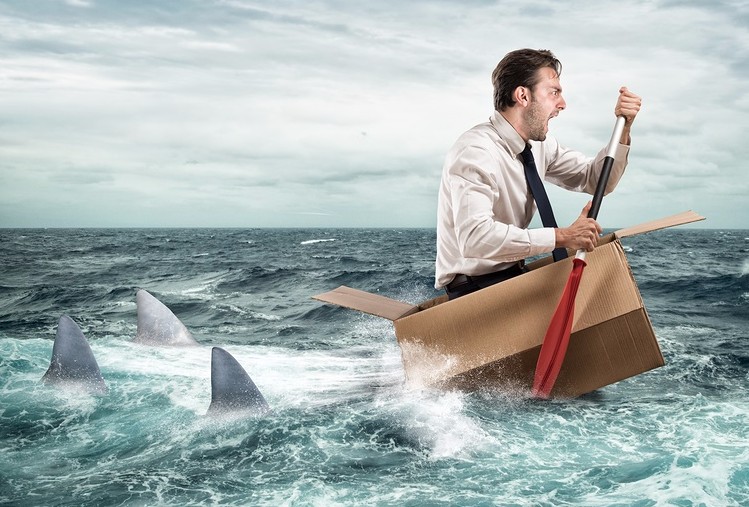Bad things happen to good people. You could be enjoying a concert (Las Vegas), taking an afternoon bike ride (New York), sitting in a college class (Virginia Tech), waiting out a tornado in your basement, fleeing wild fires or driving down the road in your car. When disaster strikes, you have a crisis to deal with.
How would you react? Can you not only survive, but assist others as well? Most believe they could. According to Louise Chang, MD, people often fantasize about what they would do if confronted with a crisis. Unfortunately, research shows people don’t often react as well as they think they will. In fact, when a fire actually did occur, hardly anyone did what they thought they would do.
The crisis personality
The ability to live in the moment and react based strictly on what is present (think MacGyver) is one of the most important abilities in handling any kind of a crisis. The best survivors are ones who adjust to a “new” reality rapidly and take practical action – all within the moment.
The ability to keep emotions under control is key. You can’t be overwhelmed with anxiety or agonize about the consequences of any decisions.
A solid value system and being conscious of what is important make you aware of your priorities. If the meaning of your life is about material possessions, you will be shattered at the thought of losing everything.
Nothing prepares one for a crisis like a crisis – even if the events are totally different. Surviving one crisis will help us survive another. Looking back at how you reacted in the past to even a small family crisis, will give you some clue as to how you are likely to react in the future.
Crisis-proof your life
Even if you have not handled a crisis well in the past, there are positive steps you can take to function better the next time.
Any type of disaster training program will help for any circumstance. These deliberate education programs provide repetitive activity that reinforces good response behavior. The Red Cross, FEMA, The Salvation Army and local law enforcement offices are all good resources.
Taking a first-aid course or learning CPR can teach you how it feels to intervene in a crisis and give you confidence.
Finally, have a plan. Lay down ground rules about what your family will do if a disaster strikes.
To survive any crisis, rely on common sense, be flexible and ready to adapt. Stay in the moment and never be afraid to question the plan – or the planner.
The road is easier together,
Linda

